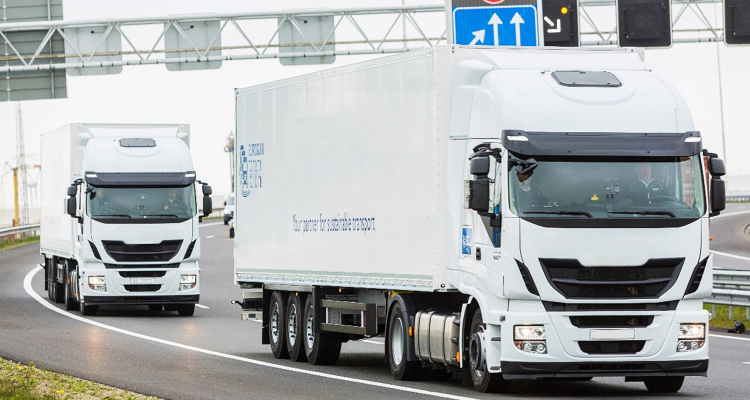The European Union has confirmed the extension of toll exemptions for zero-emission trucks, reinforcing its commitment to greener freight transport and decarbonising European logistics. This initiative provides both operational incentives and financial relief for operators investing in battery-electric and hydrogen-powered heavy goods vehicles (HGVs).
Prolonged Toll Benefits for Clean HGVs
The EU’s legislation now allows zero-emission trucks to continue enjoying exemptions from road user charges on major transport corridors. Originally introduced as part of the European Green Deal, the measure has been extended to encourage wider adoption of low-emission vehicles across member states. Removing toll costs lowers operational expenses and strengthens the business case for transitioning to zero-emission trucks.
For UK operators, the toll exemption can apply when operating in the EU, provided the trucks meet the zero-emission criteria. However, implementation varies by country, and the exemption is voluntary. Some nations, such as Germany and Austria, currently offer full or partial toll relief, while others are yet to adopt such measures. UK hauliers should check the specific regulations in each country where they operate.
Implications for Fleet Operators
Extending toll exemptions represents a significant financial incentive. Toll costs can form a substantial portion of long-haul operational expenses, so relief directly reduces the total cost of ownership for electric and hydrogen trucks. This accelerates return on investment for operators upgrading their fleets to zero-emission technologies.
Beyond cost savings, consistent cross-border toll policies simplify logistics planning and reduce administrative complexity, making pan-European operations more feasible for UK and EU fleets alike.
Driving Adoption of Zero-Emission Technologies
The toll exemption is one of several measures designed to promote zero-emission HGV adoption. Grants, tax relief, and infrastructure investment, including charging networks and hydrogen refuelling stations, complement these operational incentives. Together, these initiatives address higher upfront vehicle costs and encourage fleets to invest in environmentally friendly alternatives.
Environmental and Regulatory Impact
The extension of toll exemptions supports the EU’s wider climate objectives, including the goal of a 90% reduction in transport emissions by 2050. Encouraging freight operators to adopt zero-emission vehicles will cut CO₂ emissions, reduce air pollution in urban centres, and contribute to long-term sustainability in logistics.
Future Outlook for Sustainable Freight
As the HGV sector moves towards full decarbonisation, toll exemptions are likely to play an increasingly important role. Operators who invest in zero-emission trucks now are positioned to benefit from cost savings, regulatory incentives, and improved operational efficiency.
The EU’s approach underscores the strategic alignment of financial incentives with environmental policy. For UK hauliers, proactive engagement with member-state regulations ensures they can maximise the benefits of toll exemptions while contributing to a greener, cleaner transport network across Europe.
By combining operational relief with strategic environmental incentives, the EU’s toll exemption extension represents a significant step forward in sustainable freight. UK and European operators alike are set to gain both financial and environmental advantages as zero-emission HGVs become a mainstream component of the transport industry.






